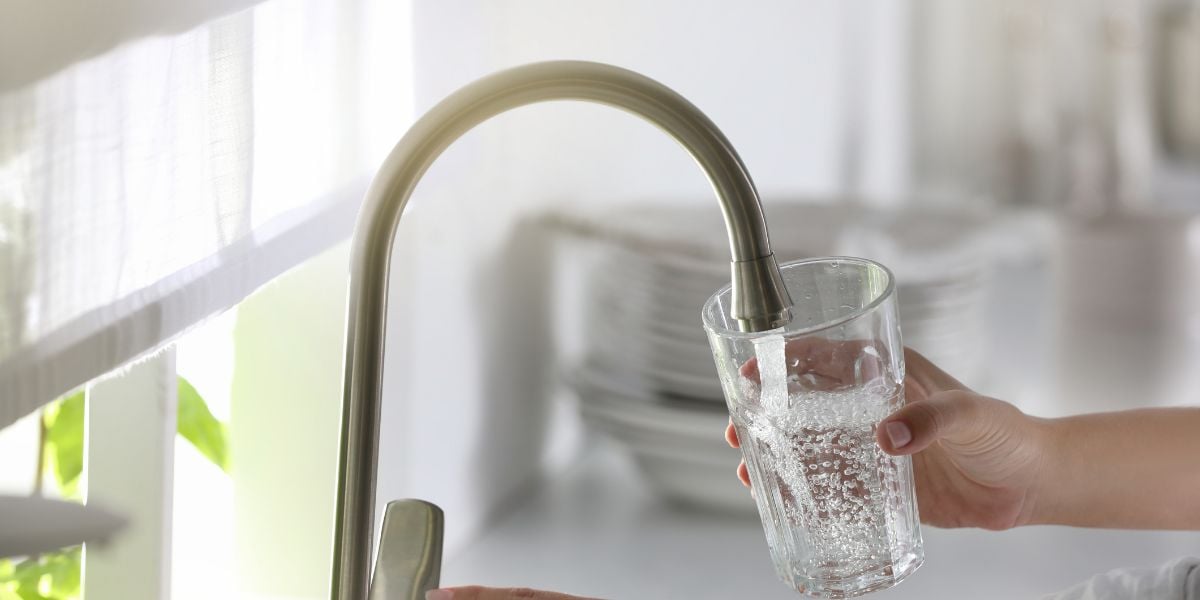Having smelly feet could be a warning sign to contact your GP for people with diabetes.
Diabetes is the number one cause of lower limb amputations in the UK and, in recent years, cases have been on rise.
In both type 1 and type 2 diabetes, patients can sustain blood vessel damage stirred up by high blood glucose, which can impact how blood flows to your legs and feet.
On average, 169 people undergo diabetes-related amputations in the UK every week, which equates to one amputation every hour.
It is estimated that four out of five of these amputations could be prevented and the good news is that there is one noticeable warning sign that comes before 80% of amputations for people living with diabetes – smelly feet.
The reason for this is that smelly feet, also known as bromodosis by medical professionals, can occur when people with diabetes develop foot ulcers or have unhealed foot ulcers.
Once a foot ulcer begins to fester, it causes a smelly odour due to discharge and is usually triggered by a build-up of sweat and bacteria.
The NHS recommends that people with diabetes should keep an eye on any unpleasant or unusual smells coming from one or both of their feet. The discharge could also cause stained socks, which is another sign to look out for.
Foot infections are the biggest cause of diabetes-related amputations and so individuals with diabetes are advised to contact their healthcare provider for help as soon as their feet become smelly. This could prevent them from losing their lower limbs.
The NHS advises: “You should contact one of your diabetes care team the same day. If your GP or podiatry clinic is closed, contact the Out of Hours service.
“Tell them you have diabetes and that your foot ulcer has changed.”
Other foot problems that also demand urgent attention from a medical professional for people with diabetes include:
- If a bruise, cut or blister fails to heal after a few days
- If the skin becomes inflamed, hot or painful
- If a callus contains dried blood inside it
According to Diabetes UK, “a matter of hours can make the difference between losing a foot, and keeping a foot.”




